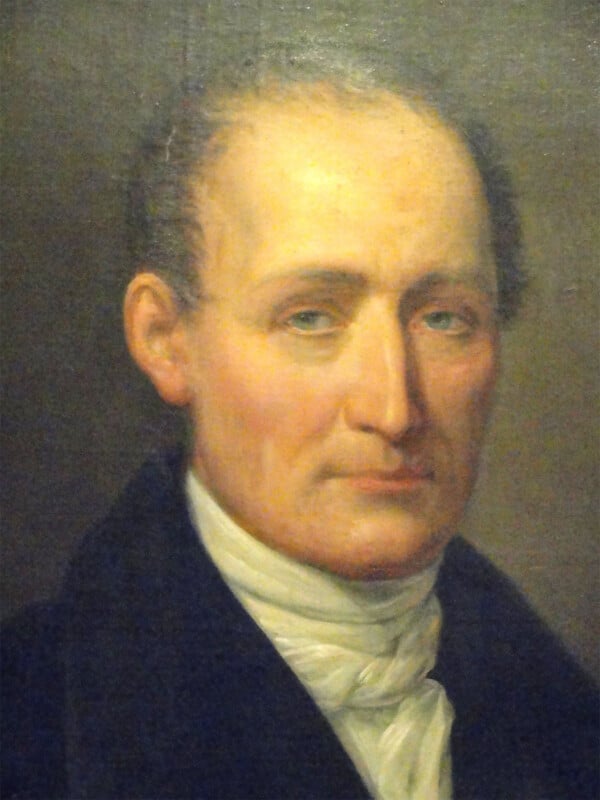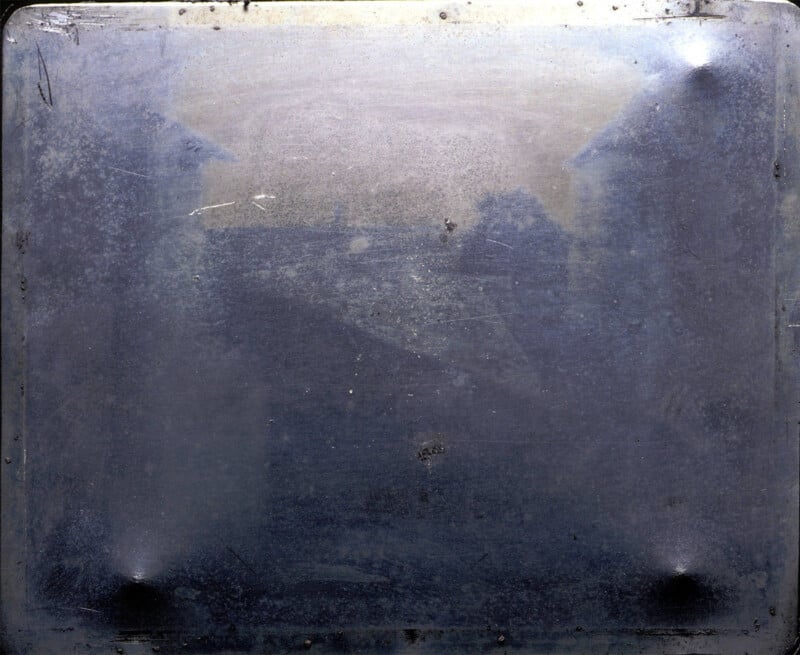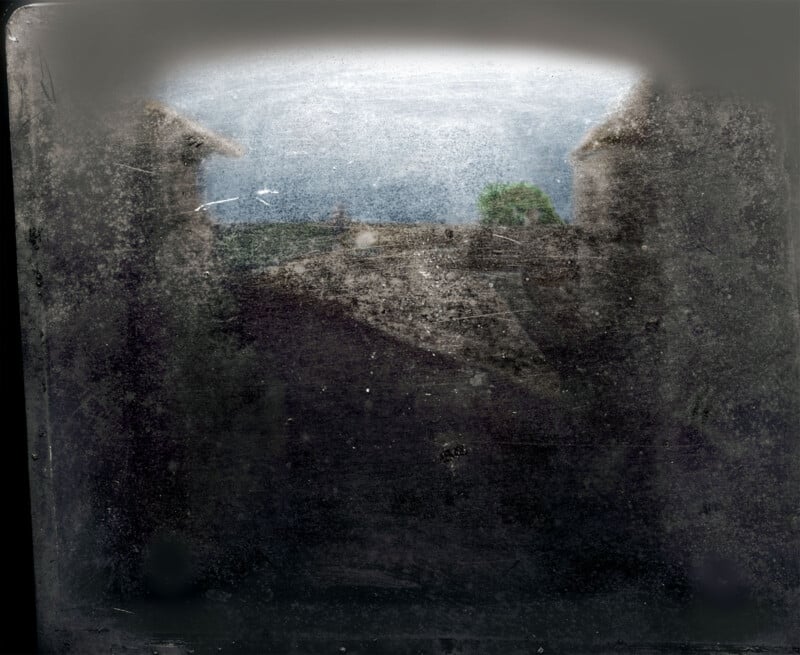Photography Turns 200 Years Old Today
![]()
Photography turned 200 years old today, September 16, according to French photography publication Réponses Photo.
In its latest issue, number 373, the longtime magazine marked photography’s 200th birthday. There are a lot of candles on that bicentennial birthday cake. The obvious first question to ask is, “Why today? Why this year?”
There’s a lot of disagreement about the exact time photography was invented, a topic Réponses Photo tackled last summer.
“But why this date of 1824 precisely? To do this, we must go back in time, now more than two centuries ago, and focus on the life of Nicéphore Niépce. A brilliant engineer, he was born in the middle of the Age of Enlightenment in Chalon-sur-Saône, the epicenter of the birth of photography,” Réponses Photo writes in a translated article.

In 1816, Niépce resumed late 18th-century experiments on capturing light to create an image. Contemporaneously, others were hard at work on the same thing — including English scientist John Herschel, who would eventually create the cyanotype in the early 1840s. Herschel is also credited for the creation of the word “photography.” For his part, Niépce instead went with “heliography,” which is “writing with the Sun.”
More importantly, over the proceeding years, Niépce made progress on his experiments, testing different equipment and chemicals, finally cracking the code on September 16, 1824.
In a letter to his brother, Nicéphore described his first successful photograph, although that’s not the word he used.
“With the help of the improvement of my processes, I have managed to obtain a point of view such as I could desire, and which I hardly dared to flatter myself with, because until then, I had only had very incomplete results. This point of view was taken from your room on the Gras side […] The image of the objects is represented there with astonishing clarity and fidelity, down to the smallest details, and with their most delicate nuances,” Nicéphore wrote.

September 16, 1824, was a momentous day, to be sure. Beyond it being the day photography was born, it was also the day Louis XVIII of France died — the last French monarch to die in reign.
Although this first photo no longer exists, according to one of the inventor’s descendants, some historians still hope to find one of the engineer’s earliest photographs, perhaps in a French attic. It wouldn’t be the first time a significant historical artifact was discovered after a long time in hiding somewhere.
If Niépce captured the first photograph in September 1824, why do some people photography’s bicentennial is still a few years away?

In large part, it’s because that first referenced image was not preserved. Niépce recorded early photographs to stone and then sanded them down to reuse them. The earliest surviving photograph is Niépce’s View from the Window at Le Gras, created in 1826 or 1827. This original photograph was found in 1952 and has been on display at the University of Texas at Austin almost continuously since 1963. It has occasionally made its way on the road for special exhibitions.
However, conflating the oldest surviving photograph with the first photograph is a mistake, per some experts, including Bernard Perrine, former editor-in-chief of Le Photographe, Pierre-Yves Mahé, director of the Spéos school, and Manuel Bonnet, a direct descendent of Niépce himself.
Mahé hopes to find a photo earlier than View from the Window at Le Gras, but even without it, he is confident that today is photography’s 200th birthday.